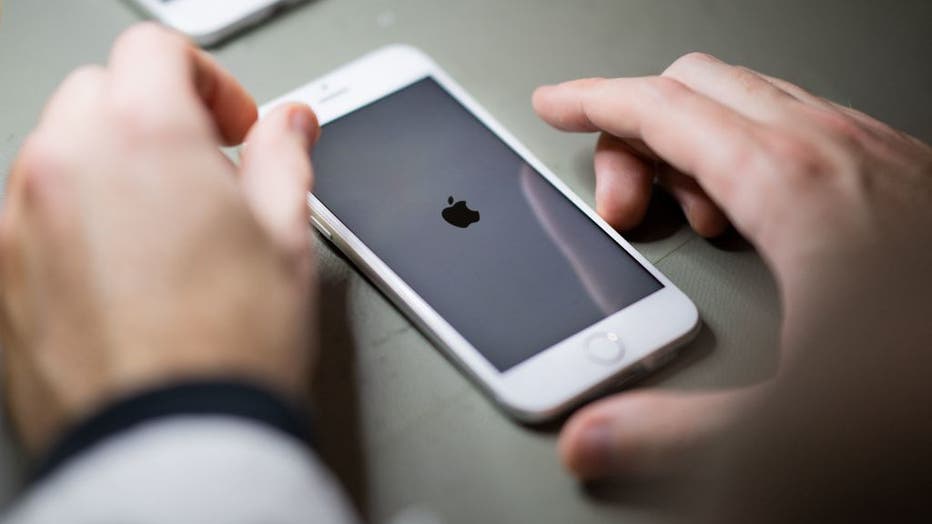Tips for buying used smartphones in 2025
LOS ANGELES - The used smartphone market is booming. It’s now growing faster than the new device market, according to U.K.-based research firm CCS Insight.
Rising prices for new phones — like the possibility of a 29% jump for a top-end iPhone, according to UBS estimates — are pushing many consumers to consider secondhand options.
A refurbished phone can cost anywhere from 15% to 50% less than a brand-new model and often comes with a warranty and after-sales support. Trading in or selling older devices after each upgrade cycle has created a steady supply of high-quality used phones with plenty of life left.
Where to buy secondhand phones safely
What you can do:
If you’re shopping for a used phone, experts say it’s crucial to stick with trusted platforms and sellers.
Options include:
- Specialized marketplaces like Gazelle and BackMarket
- Retailers like Best Buy and Amazon
- Wireless carriers’ refurbished phone programs
- Direct from manufacturers like Apple and Samsung
Apple and Samsung’s official refurbished programs tend to offer slightly less dramatic discounts but more reliability — including new batteries, shells, and a one-year warranty. Buying from peer-to-peer marketplaces like eBay or Swappa can also offer good deals, but buyers should ensure refund policies are in place in case a device doesn’t match its description.
How to judge phone quality before buying
Used and refurbished phones are typically graded for condition, but there’s no industrywide standard. Labels like "Good," "Very Good," "Pristine," or "Like New" can mean different things depending on the platform.
"You will get the best price if you’re prepared to handle that risk," Simon Bryant, vice president of research at CCS Insight recently told the Associated Press.
Experts recommend reading each platform’s grading policy carefully and asking sellers for detailed descriptions or photos.
How old is too old for a used phone?
A good rule of thumb: stick to phones no more than three generations old.

FILE - A person powers on a secondhand iPhone. Buying used smartphones can be a cost-effective option, but experts recommend checking device condition, battery health, and warranty coverage. (Photo by LOIC VENANCE/AFP via Getty Images)
Bryant says that’s the "sweet spot" — devices will still have relatively new features, updated security, and less wear and tear. Phones older than five or six generations may no longer get software updates, creating security risks.
How to check for battery issues
Battery health is crucial for secondhand phones. Some refurbished models — especially from Apple and Samsung — come with a brand-new battery. Others guarantee only that the battery retains 80% of its original capacity.
Before buying, ask the seller about battery condition, and check if a replacement is included.
How to avoid stolen or blacklisted phones
Why you should care:
Most major platforms have safeguards to prevent sales of stolen devices. However, it’s smart to double-check yourself by running the phone’s IMEI number through a database before purchasing.
- Dial *#06# to find the IMEI number.
- Check both numbers if the phone lists two.
- Platforms like Swappa require sellers to verify that a phone isn’t blacklisted.
If you’re buying through a private sale, doing this check is even more critical.
Should you worry about water damage?
Newer smartphones are often water-resistant, but damage from previous moisture exposure can cause hidden problems.
If buying in person, look for Apple’s liquid contact indicators or similar markers in Samsung devices. Guides are available on the manufacturers’ websites to show where these indicators are located.
Don’t forget about accessories
Many refurbished phones do not come with extras like chargers or headphones. Be sure to factor the cost of replacement accessories into your budget.
The Source: This article is based on reporting from the Associated Press with additional context from CCS Insight and UBS research.


